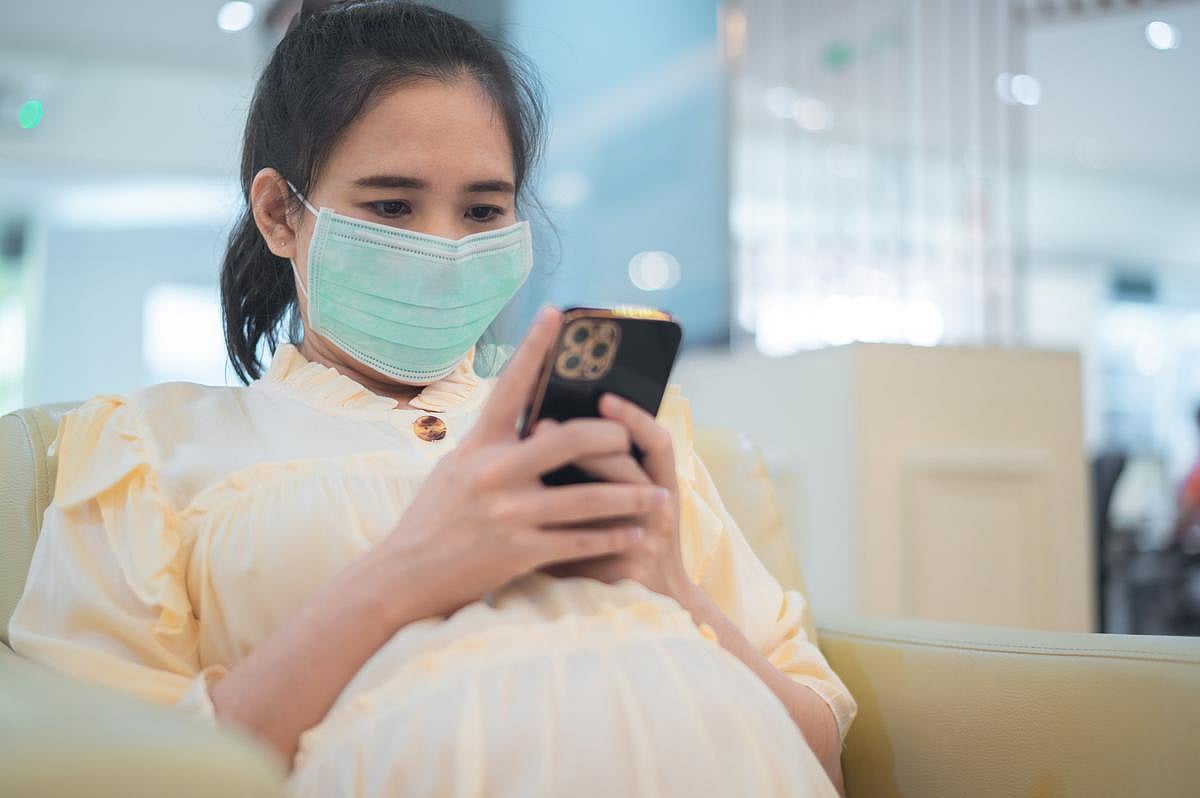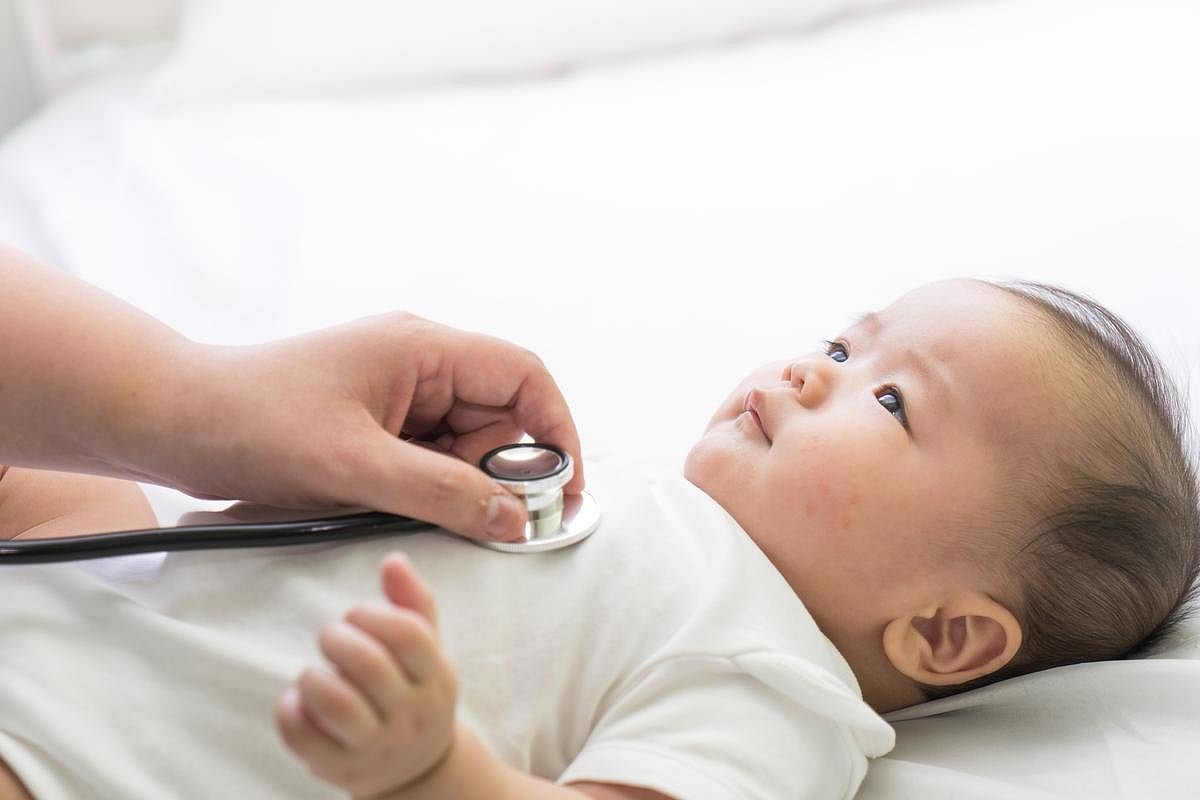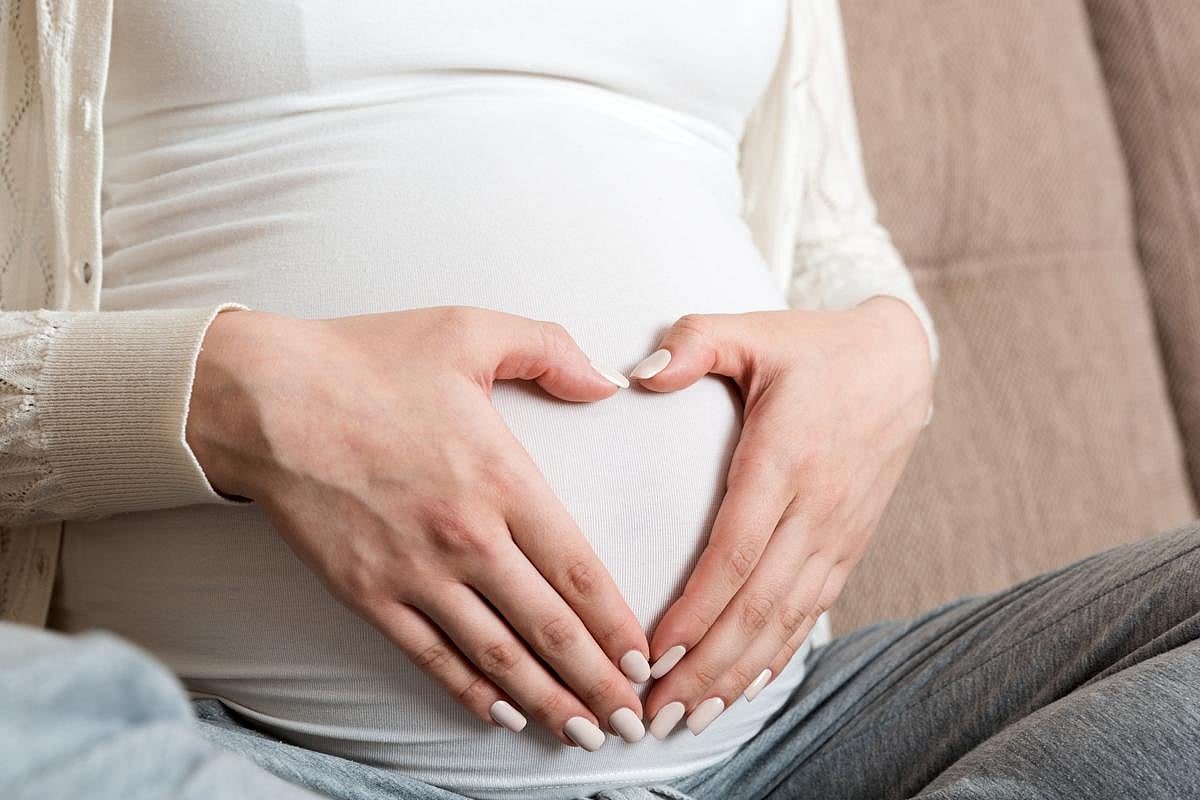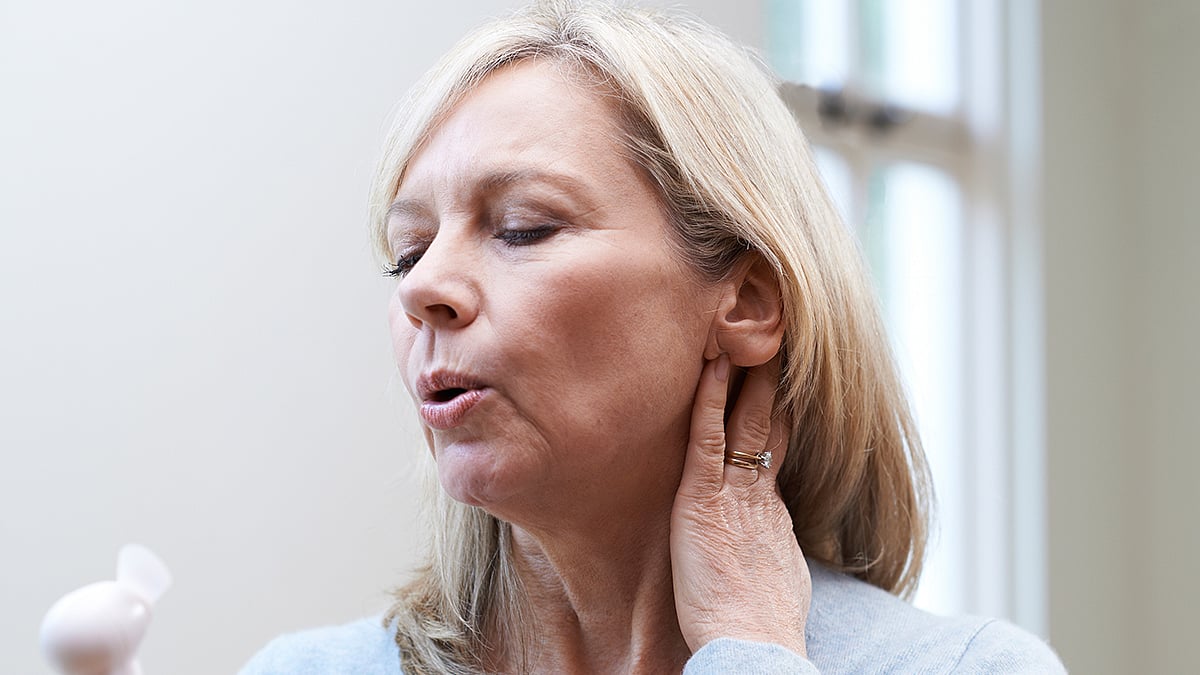
Losing weight is considered one way to improve male fertility, but how guys drop pounds also matters, a new evidence review says. Men who lost weight through diet and exercise did wind up with better sperm quality, even with modest weight loss, researchers recently reported in the journal Human Reproduction Update. However, losing weight through… read on > read on >










.jpg)



















